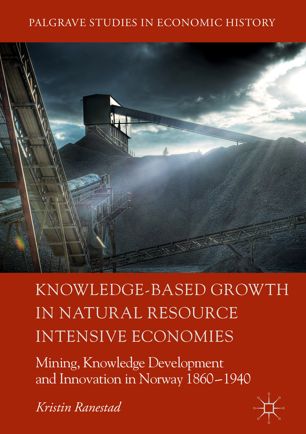

Most ebook files are in PDF format, so you can easily read them using various software such as Foxit Reader or directly on the Google Chrome browser.
Some ebook files are released by publishers in other formats such as .awz, .mobi, .epub, .fb2, etc. You may need to install specific software to read these formats on mobile/PC, such as Calibre.
Please read the tutorial at this link: https://ebookbell.com/faq
We offer FREE conversion to the popular formats you request; however, this may take some time. Therefore, right after payment, please email us, and we will try to provide the service as quickly as possible.
For some exceptional file formats or broken links (if any), please refrain from opening any disputes. Instead, email us first, and we will try to assist within a maximum of 6 hours.
EbookBell Team

5.0
58 reviewsThis book rejects the idea that natural resource industries are doomed to slow growth. Rather, it examines the case of Norway to demonstrate that such industries can prove highly innovative and dynamic.
Here, the case is compellingly made that a key empirical problem with the popular ‘resource curse’ argument is that some of the richest countries in the world – namely Norway, Sweden, Canada and Australia – have all developed fast-growing economies based on natural resources. Analysis of innovation and knowledge development in natural resource industries reveal important new insights about the role of learning and innovation. These insights are key to understanding variances in growth levels between natural resource-based economies.
Ranestad illustrates how Norway’s high economic performance is built on knowledge-based natural resource industries. While Norwegian industries may have originated because of foreign technology and expertise, they thrived due to further developments carried out by organisations within Norway. Ranestad looks at how these developments were possible due to the country’s high level of human capital, capacity for knowledge absorption and ability to adapt to new global technological and economic circumstances.